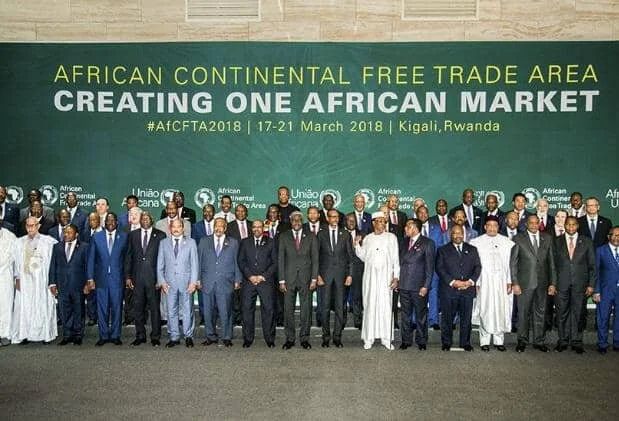The SDG Village served as a focal point for high-level discussions on sustainable development, addressing a wide array of topics critical to attaining the SDGs. These included collaborative democracy for sustainable development, county engagements on SDGs, financing strategies with a gender perspective, and the nexus between human rights and SDG realisation. Additionally, the role of various stakeholders, such as parliamentarians, innovation startups, and media, in combating climate change and supporting climate innovation was explored. Discussions also revolved around accelerating gender equality and women’s economic empowerment, assessing progress on specific SDGs, and identifying policy and legal barriers to their achievement. Political parties’ involvement in localising SDGs was another significant area of focus.
Digital Media Literacy and Youth Civic Reasoning in Kenya | Focus Group Discussion Report
Focus Group Discussions collect in-depth qualitative data to get insightful perspectives on a specific topic. This was the intent of the three Focus Group Discussions that we organized to understand digital media literacy in Kenya. As part of our Youth Excel project activity, we are looking to advance youth digital media literacy and civic reasoning in Kenya.
Digital Media Literacy And Youth Civic Reasoning In Kenya | Key Informant Interview Report
The Youth Café conducted Key Informant Interviews to expand our knowledge on media literacy in Kenya and the intervention measures that would apply. The information collected through these interviews informs the digital media literacy handbook that The Youth Café is designing for the Youth Excel project.
Digital Media Literacy and Youth Civic Reasoning in Kenya | Baseline Report
The Youth Café seeks to equip young people with critical media literacy skills: critical thinking, fact-checking, online safety, social media verification, and quality assessment of online information and their sources through a dedicated handbook. This report encapsulates The Process, Findings of the Literature Review, Findings from the Focus Group Discussions and Key Informant Interviews, Conclusions and finally Recommendations.
Trade In the Digital Economy: A Tralac Collection
The wheels of international trade are powered by the Internet. From the smallest informal trade to a major supply agreement, contracts are transacted online; whether via email, e-commerce store, or digital platform. Any formal trade relies on the Internet for implementation – financing, documentation, and logistics are all digitally driven, and becoming more and more so. Whether it is an emailed order, an online purchase, or merely the financial arrangements behind the transaction, the Internet will inevitably be used in conducting international trade.






